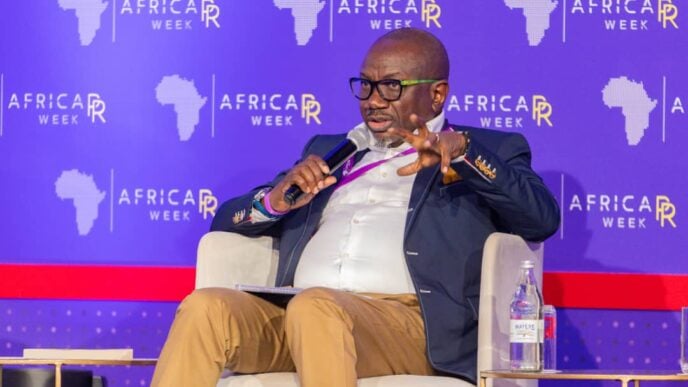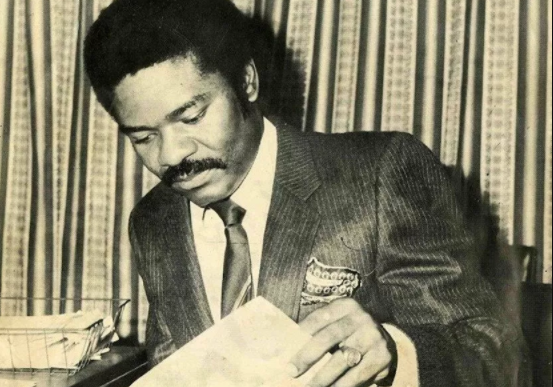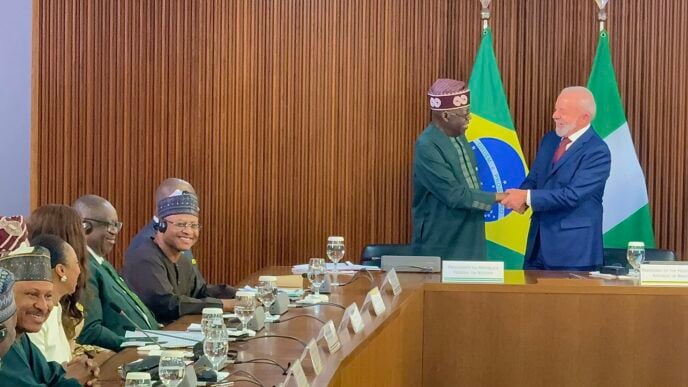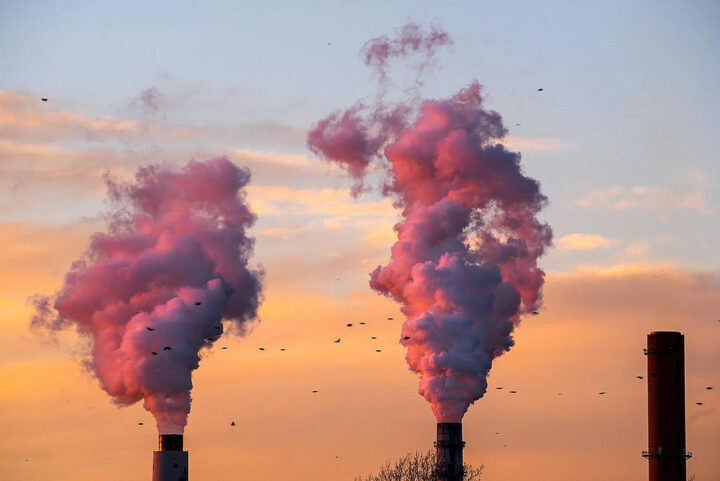BY MUNTASIR ADAMU KANAM
Nigeria never runs short of clever ideas. From “Operation Feed the Nation” in the 1970s to “Vision 2020” and the current “Decade of Gas,” we always seem to stumble on solutions that look good on paper but struggle in practice.
The latest one on the table is the plan to use gas royalties to settle the country’s N2.7 trillion ($3.5 billion) debt to gas suppliers. On the surface, it sounds neat, “budget-neutral” as the technocrats like to say. But the real question is: does it fix the problem, or is it just another fiscal gymnastics to buy time?
Let us rewind a little. Since the privatisation of the power sector in 2013, the electricity market has been trapped in a vicious cycle. Consumers pay less than the true cost of electricity. Distribution companies (DisCos) collect even less, blaming theft, low metering, and “non-cost-reflective tariffs.”
Advertisement
The Nigerian Bulk Electricity Trading Company (NBET) then struggles to pay generation companies, who in turn owe gas suppliers. And who takes the biggest hit? The gas producers who fuel 80 percent of our power plants. They have responded the only way they know how: by cutting supply. Plants go offline, the grid wobbles, and Nigerians fall back on diesel generators – noisy, polluting, and ruinously expensive.
Now, the government says, “don’t worry, we have a plan”. Instead of waiting for NBET and DisCos to magically improve their collections, gas suppliers can simply deduct the arrears from their royalty payments. Problem solved, right? Not quite.
Here is the catch: domestic gas royalties are pegged at just 2.5 percent of value, based on a benchmark of roughly $2.42 per million British thermal units. Do the math. At that rate, it could take decades, yes, decades to offset N2.7 trillion. And that is assuming no new debts pile up in the meantime. Are we not just sweeping the dirt under the carpet, only to stumble on it again tomorrow?
Advertisement
There is another twist. Royalties are not just government pocket money. They flow into the Federation Account and are shared monthly among the federal, state, and local governments. Any deductions will automatically reduce allocations. State governors, already battling rising wage bills and inflation, are understandably nervous. Imagine going to FAAC with your calculator and discovering that your state’s allocation has been trimmed not because you collected less VAT, but because the FG is using your share to pay gas debts. Would you clap for such innovation?
Beyond FAAC, there is the economy itself. Pumping N2.7 trillion back into circulation, even gradually, could worsen inflation that is already above 30 percent. The naira, fragile as it is, could take another beating as investors interpret the scheme as a sign of fiscal stress.
Of course, royalty offsets are not new. Venezuela tried something similar in the 1990s. It calmed the waters for a while, but did not stop the debts from mounting again because the fundamental problems were left untouched. Colombia did it differently: it paired the offsets with tariff reforms and strict enforcement, and that created a more sustainable fix. The difference is clear: one was a plaster on a gunshot wound; the other was surgery. Which path is Nigeria taking?
The Tinubu administration has already taken bold and painful steps like ending petrol subsidies and floating the naira. But electricity tariffs? That one is political dynamite. Nigerians are already groaning under higher transport fares, skyrocketing food prices, and shrinking incomes. To now say: “Let’s make your light bill cost-reflective” is a gamble that could provoke widespread backlash. That is why the royalty offset looks attractive. It creates the illusion of progress without the pain of reform.
Advertisement
But illusions don’t power homes. Blackouts will not vanish because NBET’s books look cleaner on paper. Gas producers will not be truly reassured if new debts keep piling up. And state governments will not clap if their FAAC inflows shrink.
As the African Energy Council recently warned, this is a short-term fix. Real reform means confronting the uncomfortable truths: tariffs must reflect cost, DisCos must pay what they owe, theft must be reduced, and transmission infrastructure must be modernised. Anything else is shadow-boxing.
Nigeria’s power crisis is like a leaking bucket. You can pour in N2.7 trillion today, and tomorrow you will still find it half empty. Until we fix the holes – tariffs, collections, transmission- we will keep coming up with clever ideas that ultimately solve nothing.
Muntasir can be contacted via [email protected] and on X @muntaseeer
Advertisement
Views expressed by contributors are strictly personal and not of TheCable.










